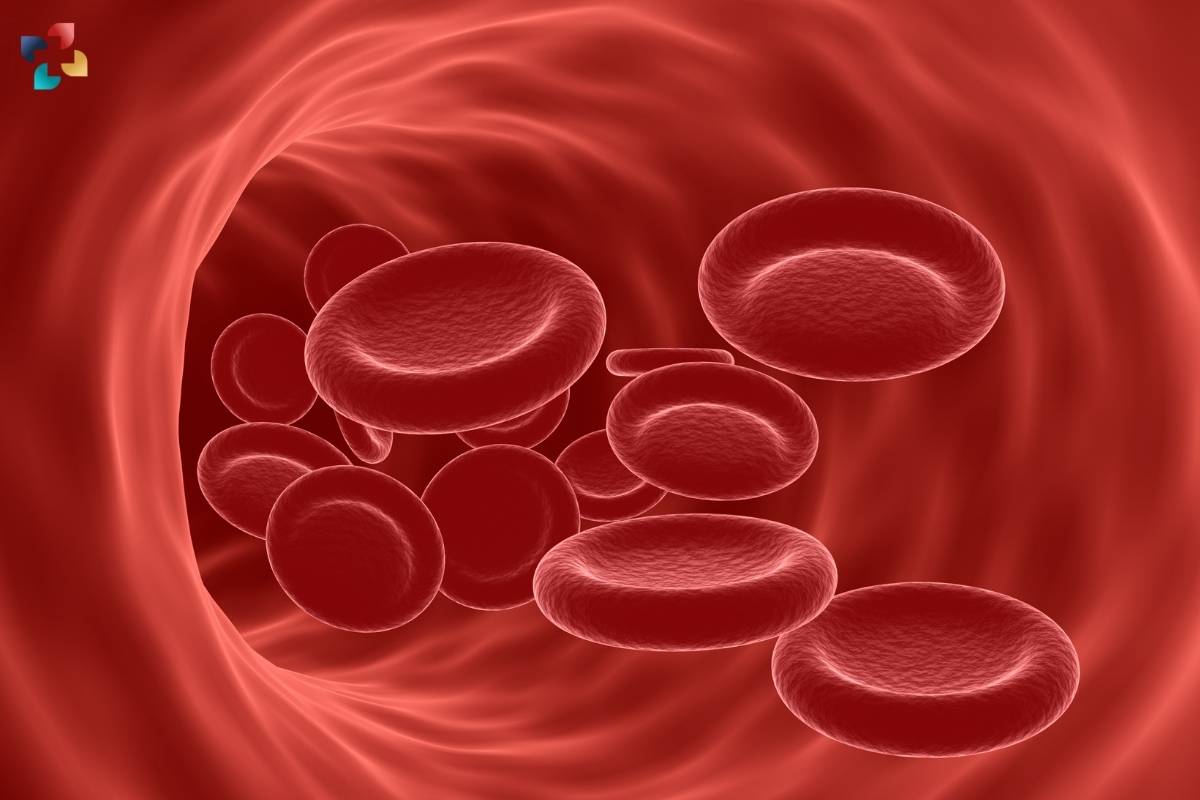Unveiling a Novel Vascular Cell Type:
Researchers at the Karlsruhe Institute of Technology (KIT) have made a groundbreaking discovery that could revolutionize the treatment of cardiovascular diseases. In a study published in Nature Communications, the team identified a new cell type within blood vessels responsible for vascular growth. Led by Professor Ferdinand le Noble, the findings offer promising insights into combating ischemic cardiovascular diseases, which are characterized by reduced or absent blood flow, leading to conditions like stroke and heart attack.
Understanding the Role of Pioneer Cells:
The study sheds light on the role of endothelial L-tip cells, also known as pioneer cells, which reside within the inner layer of blood vessels. Using advanced imaging techniques, the researchers observed that these pioneer cells move within the vessel walls. Upon encountering specific signals from surrounding organ cells, they initiate the formation of new blood vessels, a process crucial for revascularization and tissue regeneration. Through single-cell sequencing, the team identified the molecular cues that orchestrate vascular growth, paving the way for personalized medicine strategies to address cardiovascular diseases.
Implications for Future Therapies:
The discovery holds significant therapeutic potential, as several of the identified molecular cues are drug-targetable. Collaborating with experts in chemistry, tissue engineering, and artificial intelligence, the researchers aim to develop smart molecules that target the vascular growth process. Professor Le Noble emphasizes the importance of these efforts in benefiting patients with ischemic cardiovascular diseases, such as myocardial infarction and stroke, as well as certain forms of cancer. Funded by the German Research Foundation (DFG), the study underscores the collaborative efforts of KIT, the German Center for Cardiovascular Research (DZHK), and the Max Planck Institute for Molecular Biomedicine.











